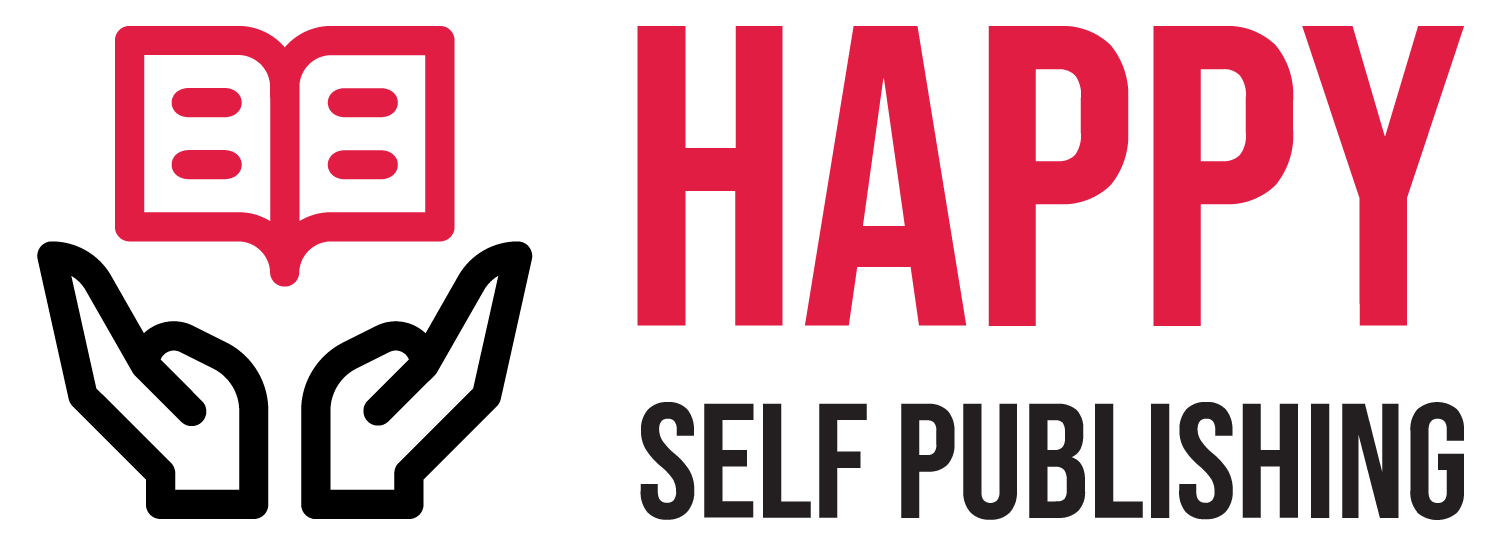Writer’s block and procrastination are two of the chief nuisances we hear about in our clients’ lives on a regular basis. From hitting a creative wall and being seemingly unable to move forward from it or relentlessly avoiding deadlines, these two grievances are easily the greatest obstacles that most authors face. We’ve all been there at some point or another, and have paid close attention to what works and what hasn’t while trying to get ourselves out of the unproductive mess we’ve found ourselves in.
Luckily, there are a couple of habits you can avoid in order to make the writing process easier for yourself – even if you’re predisposed to avoiding any and all forms of project commitment like the plague.
1. Stop second guessing yourself
Thinking too hard about your writing is probably the most efficient (and fastest!) way to develop writer’s block. Let the words flow. Sit down, start putting pen to paper and see what happens. Chances are, the first draft will be a mess. The second, third and fourth round might not be perfect either. But by performing what we like to call a “brain dump” and unleashing every idea you have, you’ll gradually be able to edit what you’ve messily written into an engaging final product. However, all of the above is unlikely to happen if you let doubts cloud your creativity and never end up spouting out a single world. Stop second guessing yourself!
2. Stop pushing exercise to the side
We’ve all been there: You’ve put in an excruciatingly long day of work, and all you want to do afterwards is curl up in bed and watch Netflix or read a good book. While the thought is tempting – make sure to get your heart pumping first! It’s recommended to put in at least a solid hour of physical activity each and every day in order to get your health in check and your endorphins (ie. the feel good hormones) flowing. Without getting adequate levels of exercise, our bodies quickly become prone to all sorts of problems including depression, sluggish metabolisms, heightened stress levels and more. Needless to say, none of those ailments are conducive to the act of writing or boosting productivity. Working out every day will have you thinking clearly and filled with energy in no time. We highly recommend it.
3. Stop being a workaholic
So you start off strong right out of the gates and put in 12-14 hours of steady writing every day for a month. Then, out of nowhere, you hit a wall. You can’t think of any new ideas and are fresh out of creative fuel, which is pretty unsurprising considering that you’ve been locked into your office space of choice for the past 30 days. Take a break! Writing requires creativity, and there’s no better way to channel yours than by going out for a walk, exploring, spending time with those you value most or finding other outlets through which to inspire yourself. You’d be amazed at how much of a difference even just a day off can make. Don’t underestimate the importance of leisure time.
4. Stop checking your e-mail
You’re in the zone and typing away furiously in hopes of finishing your third chapter when….ding. Your eyes flick to the corner of your screen to see who’s e-mailed you, and you see that your partner is sending you through photos of a potential new couch they’d like you to take a look at. You open the e-mail and scan through photos of the couch, but aren’t really into the colour of the fabric. You hit reply and start typing out other fabric choices and colour options you’d like them to consider, and hit send. Within three minutes, they’re calling and asking you to FaceTime to evaluate their secondary sofa choice and sign off on length and width..
Need we say more? We think you get the idea. Checking your e-mail as you work is a foolproof way to become distracted and veer completely off course. Hide those desktop notifications too!
5. Stop surfing the web aimlessly
Ah, the Internet. The single most useful and time-consuming medium to have been introduced to modern society. Sure, it comes more than in handy when you quickly need to Google a stat or fact to include in your book’s pages. But before you know it, you’re opening a new tab to learn more about what you’ve just read then pausing to check Facebook, see what the weather’s going to be like tomorrow and find out if your favourite store is still hosting their end of summer sale. Before you know it, it’s three hours later and you’re on your second episode of Suits with absolutely zero progress made on your chapter.
6. Stop skipping breakfast
Repeat after us: breakfast is the ultimate brain fuel. And no, coffee doesn’t count as a meal replacement! Kick your energy levels and creativity into overdrive with a balanced morning meal. We understand that not everybody is hungry upon waking up, but a healthy intake of fruit, fiber, protein and complex carbs is the quickest way to get your metabolism going and your mind in tip top shape. Train yourself to eat breakfast if you have to – we promise you’ll notice a visible difference in your productivity levels throughout the day.
7. Stop avoiding the hard stuff
We’re only human. With a list of tasks that piles high into the sky, it’s more than understandable to want to take care of the little ones first. Before long, you’ve spent half a day on menial details that don’t really matter. By mid-afternoon, your energy levels are waning and you’re not as focused as you should be. The circumstances then make it all the more difficult for you to start on the bigger stuff, and all the less likely that you’ll want to put forth the effort to make them happen at all. Tackle your hardest tasks FIRST. Once that’s done, the rest of the day will be easy peasy.
8. Stop listening to others
All of that being said, what works for most people won’t necessarily work for everybody. Perhaps you’re a night owl and prefer to tackle your largest projects at 3:00 am. Maybe you function better when you’re multitasking, as it helps keep you alert and stimulated. The most important lesson of all is to pay attention to what works for you and what doesn’t. We’ve tried and tested the methods above, and have noticed that they make a big difference in our clients’ lives as well. On the other hand, you might have discovered that you are a lean, mean writing machine after four hours of sleep and with a pressing deadline looming the very next day. Do what works best for YOU – but take note of what doesn’t, to avoid having it hinder you in the future. Happy writing!






